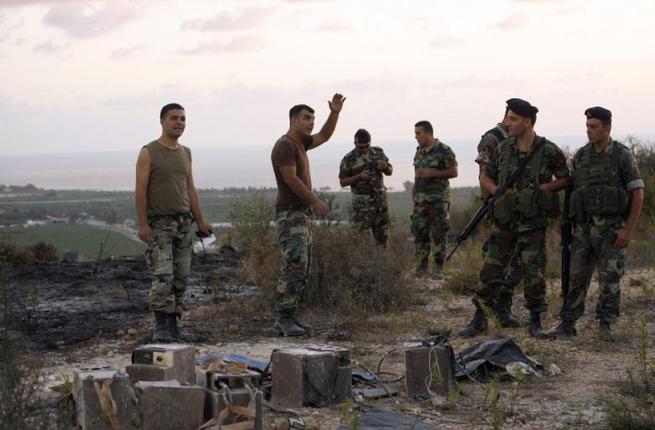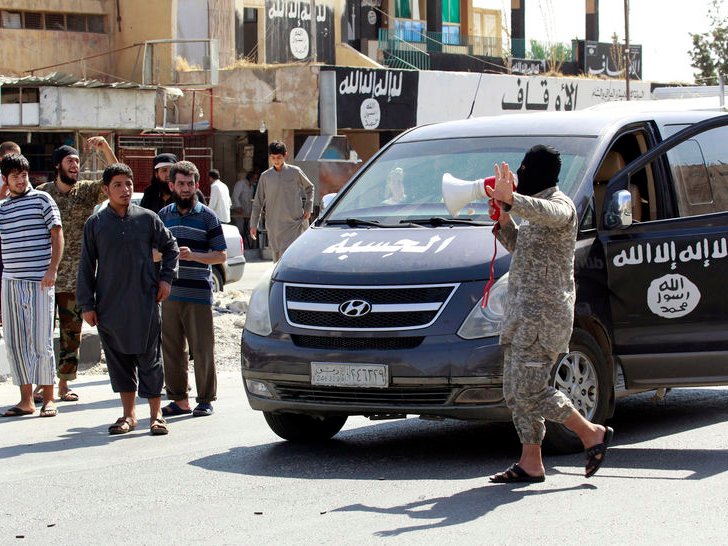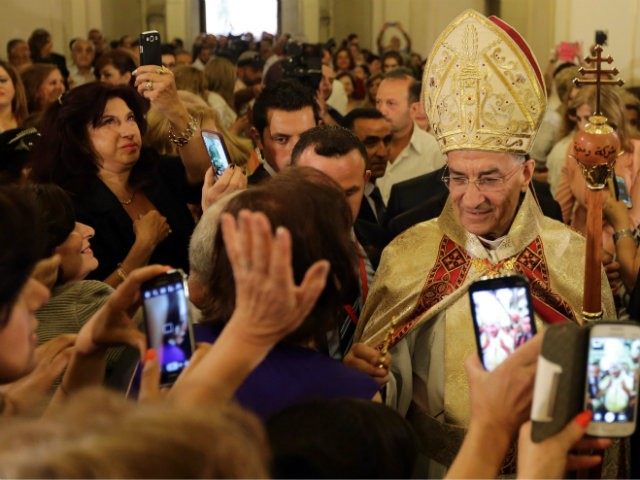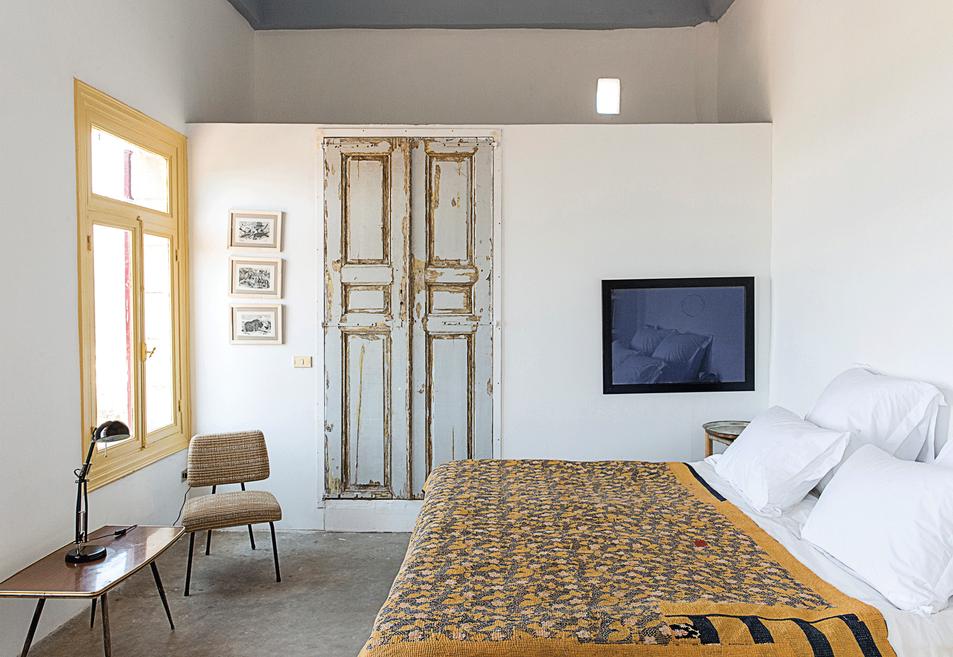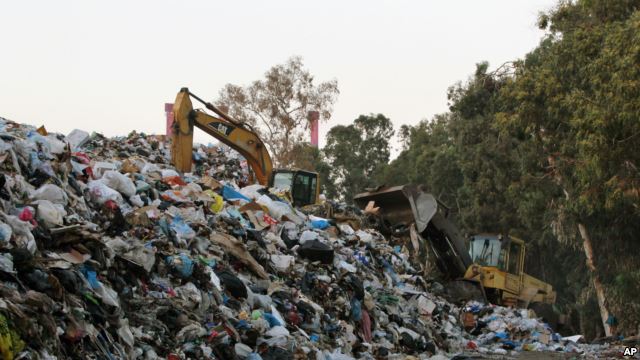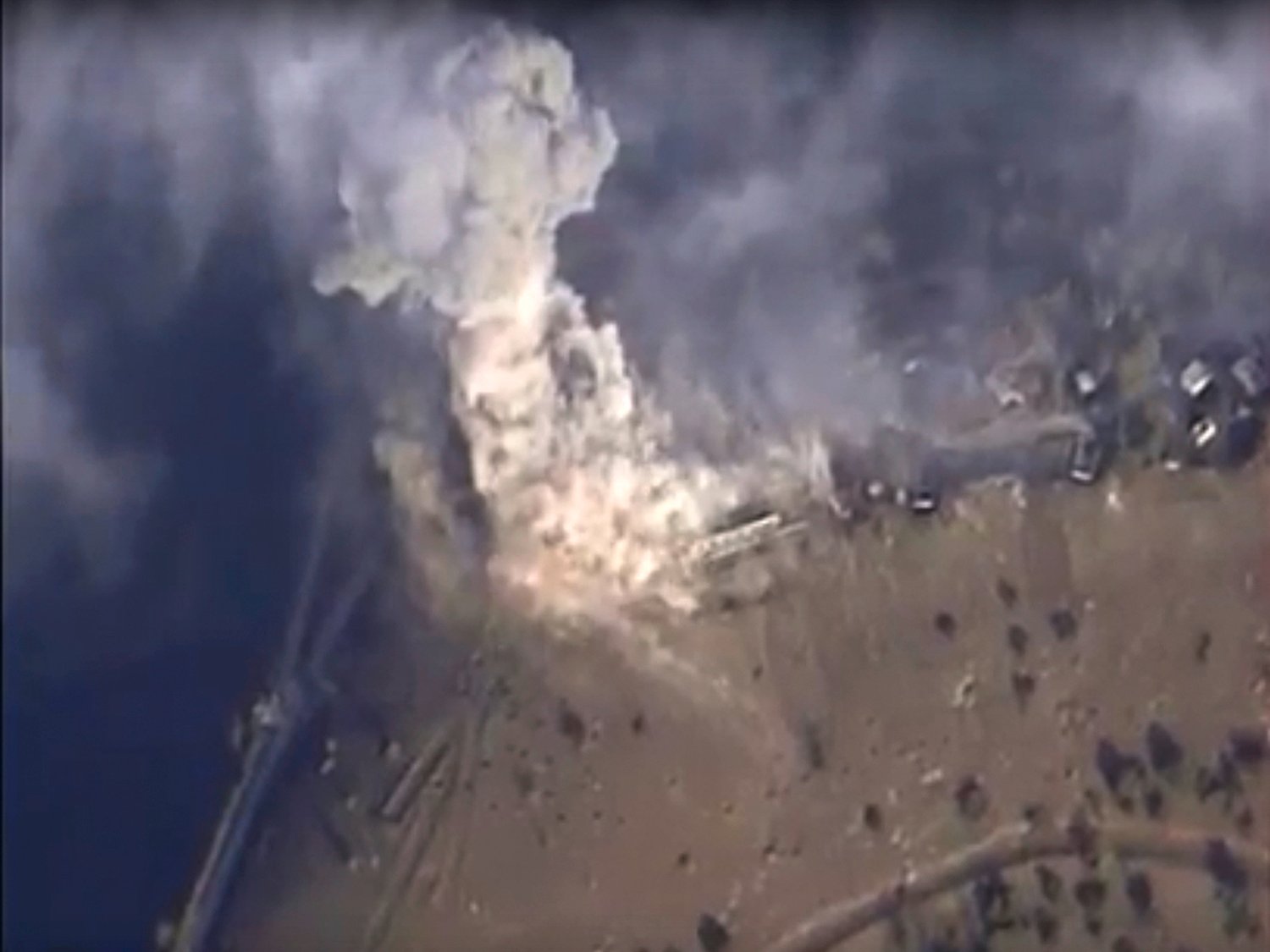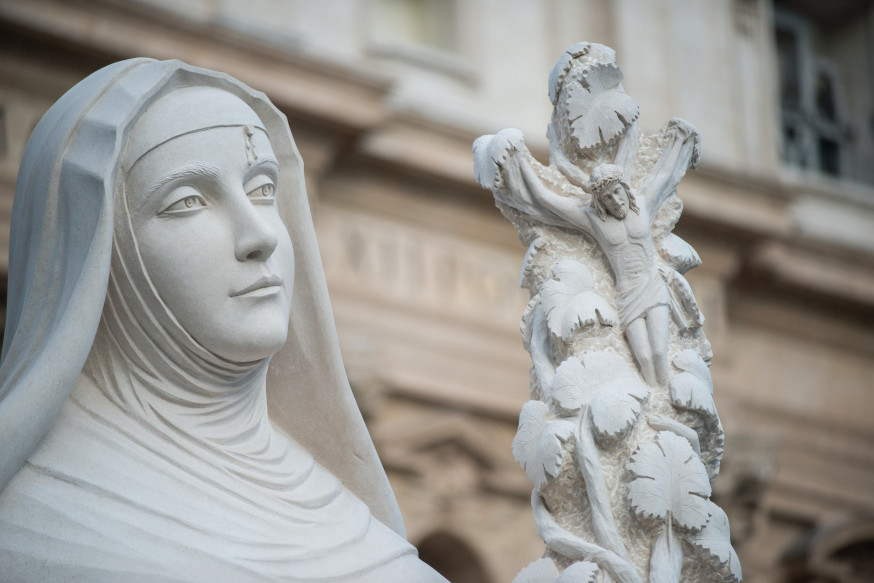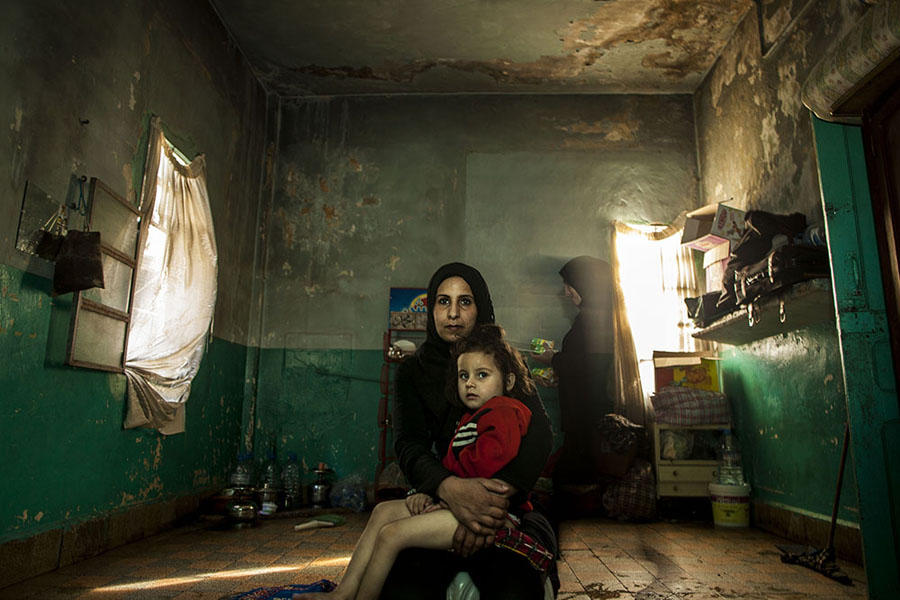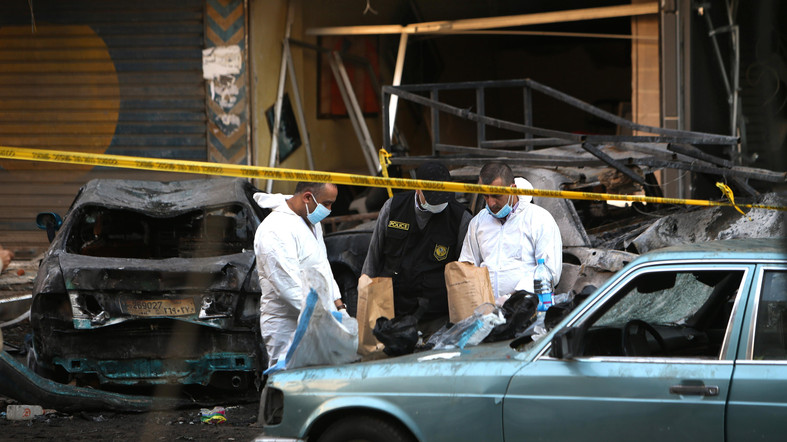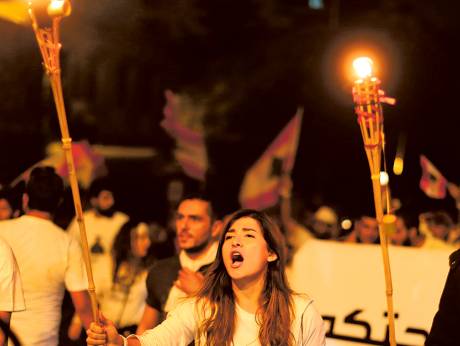
By Francesca Paci, New York Times News Service
Beirut: An Italian diplomat once said that “the darkest corners of a crisis can be the most illuminating in understanding geopolitical dynamics”. This is where Lebanon finds itself: One of the few Middle Eastern countries that is not at war, yet one suffering in the trenches nonetheless.
These days Lebanon is far from the glare of the international media, except for minor coverage of the ‘You Stink’ protests against the waste collection crisis in Beirut. But it does find itself squarely in the sights of foreign experts, who see Lebanon’s ever fragile sectarian equilibrium as the key to understanding the future of the region.
In private, one eminent member of the French foreign ministry confides that Lebanon is “the extreme frontier of local stability, where at any moment the entire structure can come falling down like a house of cards”.
